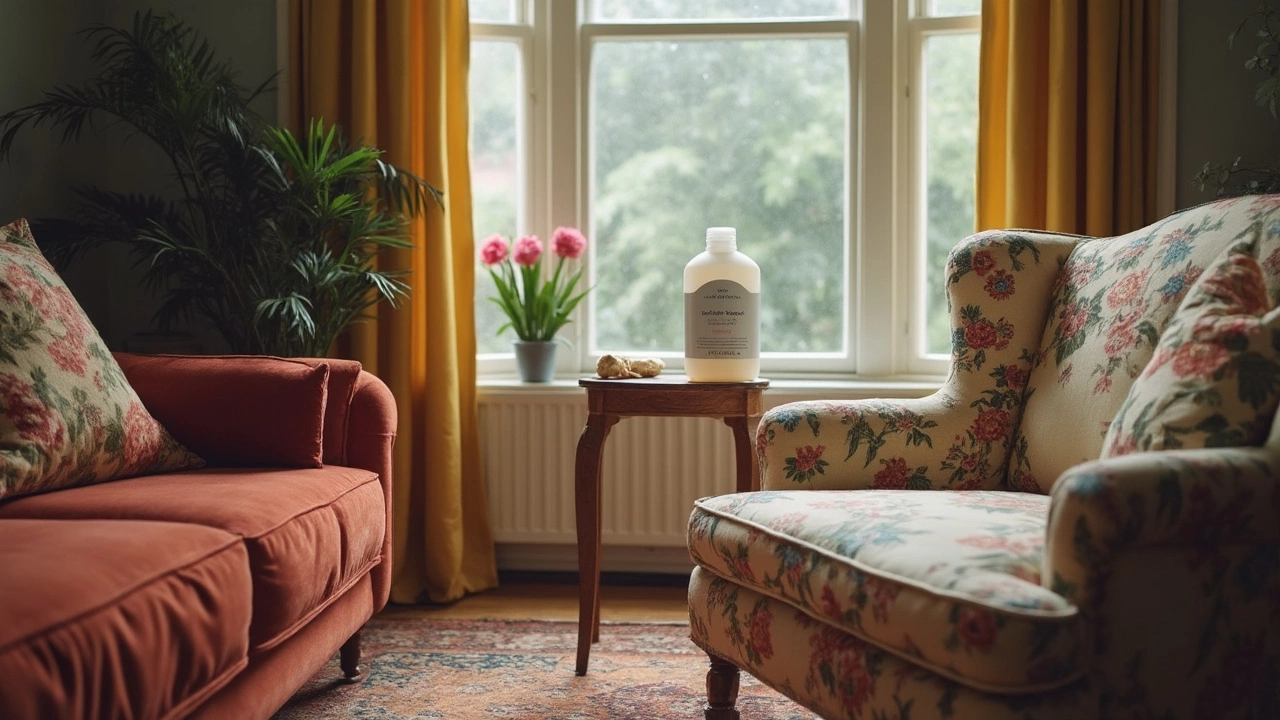Detergent Essentials: How to Pick the Right Cleaner for Every Job
If you’re standing in front of the shelves wondering which bottle will actually work, you’re not alone. Detergents come in a dizzying array of scents, colors, and claims, but the job they do is simple: break down grime so you don’t have to. Below you’ll find straight‑forward advice that cuts through the marketing fluff and helps you match the right formula to the right task.
Types of Detergents and What They’re Made For
First, let’s break down the basic families. Laundry detergents are formulated for fabrics – they contain enzymes that attack protein‑based stains and surfactants that lift oils. Dish detergents (both liquid and powder) focus on cutting grease and preventing water spots, so they have a higher pH and often include rinse‑aid agents. All‑purpose cleaners sit somewhere in the middle; they’re meant for countertops, tiles, and even some upholstery, usually with milder surfactants to protect surfaces.
Within each family you’ll see sub‑categories: powders, liquids, pods, and concentrates. Powders tend to be cheaper and work well on heavy soil, while liquids dissolve faster in cold water and are easier on delicate fabrics. Pods bundle the right dose, which saves waste but can be pricier. Concentrates let you stretch a bottle further, but you need to measure correctly to avoid residue.
How to Pick the Best Detergent for Your Needs
Start with the basics. If you have sensitive skin, look for “free‑and‑clear” or fragrance‑free labels. For eco‑conscious homes, check for biodegradable surfactants, plant‑based enzymes, and certifications like EU Ecolabel or USDA‑verified. When it comes to removing stubborn stains, a detergent with enzymes (like protease or amylase) gives you an edge without extra scrub‑time.
Next, match the detergent strength to the load. A heavy‑duty laundry detergent for a few light shirts wastes power and can leave buildup. Same goes for dish soap – a gentle, low‑phosphate formula is fine for a normal dinner, but a heavy‑duty degreaser shines when you’re tackling a greasy pan.Don’t forget water hardness. Hard water reacts with many surfactants, creating scum. If you notice film on dishes or a gray ring on glass, consider a detergent formulated for hard water or add a water‑softening agent.
Finally, test before you buy in bulk. Grab a small bottle or a sample pack, run it through a typical cleaning cycle, and see how it performs. If it leaves spots, smells, or residue, move on – the cheap price isn’t worth the hassle.
In short, the perfect detergent is the one that fits your surface, your water, and your values. Keep an eye on ingredients, pick the right strength, and you’ll spend less time scrubbing and more time enjoying a clean home.

Best Detergent for Upholstery Cleaning
Upholstery can attract a lot of dust, dirt, and stains over time, making it essential to choose the right detergent to keep it clean. The best detergents for upholstery are those that effectively remove stains while being gentle on the fabric. Familiarize yourself with different types of fabrics and specific cleaning solutions that work best for each. Explore useful tips and eco-friendly options to ensure your furniture stays fresh and vibrant.
Read More